Can African countries ride the tidal wave of demand for key minerals?
How states can secure their future as suppliers of the minerals needed for a clean energy transition
Regardless of whether the upcoming COP26 summit falls short of its climate goals, a global revolution in clean energy adoption is already under way. Analysis by consultancy group EY suggests electric vehicle (EV) sales will overtake sales of combustion vehicles by 2033, and in most of the world building new renewable energy sources is now cheaper than operating fossil fuel power stations.
In May, the International Energy Agency (IEA) released a report emphasising how the unfolding global energy transition rests on maintaining the integrity of supply chains of key minerals: cobalt, copper, graphite, lithium, nickel, manganese, molybdenum and silicon, and rare-earth metals among them. Meanwhile, new research by Bloomberg estimates that upwards of $173-trillion in energy supply and infrastructure investment may be required to give the world a chance to meet its climate targets.
Huge market potential and development opportunities therefore exist for African mineral exporters, but only if they are capable of handling and capitalising on the growing demand.
Various types of EVs — including hybrid electric, plug-in hybrid electric and battery-electric — require anywhere between 35kg and 80kg of copper per unit to produce, dwarfing the needs of conventional vehicles, which only demand 8kg-20kg. Wind turbines also require more copper for both onshore and offshore installations than conventional power generation plants, with energy consulting firm Wood Mackenzie estimating that 5.5-million tonnes of copper will be needed leading up to 2028 to meet the needs of new projects.
Similar to copper, demand for cobalt — a key component in the production of EV batteries — has spiked in recent years. Cobalt’s price now stands at more than $53,000 a tonne, having surged more than 60% since the start of 2021. Nickel, another component in battery production, has grown in value by about 70% over the past year, now fetching above $19,000 a tonne, primarily driven by rising EV sales in Europe and China.
Then there are rare earths: a cluster of 17 metallic elements such as neodymium and praseodymium which, while used in trace amounts, are vital to the production of a wide range of advanced technology, from smartphones and robotics to fighter jets and laser-guided defence systems. However, production of EVs is set to account for about 40% of future demand.
China is by far the largest processor of rare-earth minerals, accounting for about four-fifths of global supply and enabling the world’s second-largest economy to strategically assert its grip on the global EV supply chain. Given recent trade and political tensions with the US, this dominance has also provided China with a likely means to exert political and economic pressure on the US by squeezing American access to rare earth supplies.
As a result, the US is now moving to reduce its dependence on China as a primary source of rare earths, in part by turning its attention to Africa as an alternative. Burundi and Malawi are on the US shortlist of possible future suppliers. In addition to Burundi, which also has coltan deposits — a mineral ubiquitous in the production of high-end electronics — neighbouring Democratic Republic of the Congo (DRC), which has cobalt, coltan, nickel, and Rwanda (coltan, rare earths) are other key suppliers to global markets.
The potential for African states to play bigger roles as suppliers of minerals necessary for a clean energy transition is not new. But given the financial stakes and climate change implications now involved, there is a new urgency to bring increased formalisation, structure and oversight into African supply chains.
Central African states in particular are set to play an ever-growing role in enabling a global clean energy transition, yet they grapple with entrenched security, corruption, fraud and human rights issues. A case in point is the DRC, which produces about 70% of the world’s cobalt while more than three-quarters of its population lives in extreme poverty.
Conflict over profits
The DRC has faced scrutiny over the lack of transparency in its production and supply chains for some time, as the bulk of its mineral reserves are located in the country’s barely governed and chronically violent eastern provinces. Control over lucrative mining profits perpetuates conflict among government forces and the region’s 120 different armed groups — including the ADF, an Islamist militia linked to the Islamic State that has killed thousands of people since 2013. Two resource-rich provinces, Ituri and North Kivu, have been placed under a “state of siege” since May, when President Félix Tshisekedi replaced local officials with military officers in an effort to drive out militants. Five months later, the move has had little effect, even with the help of US special forces.
Authorities in the DRC have also been complicit in overlooking child labour and dangerous working conditions, and engaging in brutal crackdowns on artisanal miners operating on the fringes of large corporate mining sites. The International Crisis Group has previously called for reforms that would provide designated safe zones for the estimated 150,000 artisanal miners in the country, whose activity produces 10% of the country’s cobalt output, directly supporting 1-million livelihoods and indirectly supporting countless other households.
At the moment, most of the revenue from the country’s mineral wealth is spirited away to the benefit of foreign interests and domestic political elites. According to a ruling from a Swiss federal court in July, nearly $380m in bribes for access to minerals was funnelled into the DRC by companies in the UK, Gibraltar and Switzerland during 2006-2011 alone.
Smuggling networks also transport gold, cobalt and coltan across the border into Rwanda to dodge taxes, driving illegal trade between the two nations. Rwanda is now coming under scrutiny for facilitating the movement of so-called “blood minerals”.
Some signs of progress are emerging though. In August, Tshisekedi’s administration announced it would be reviewing existing mining contracts with Chinese firms with the aim of generating additional value from the country’s mineral wealth, while simultaneously looking for ways to curb the illegal movement of minerals.
A month earlier, Burundi suspended rare-earth operations as part of a move to re-evaluate its own contracts with mining companies. The head of an opposition-led watchdog group in Burundi has claimed the impoverished nation expects to officially earn only $1.5m for the entire 2021 fiscal year off the extraction of its rare-earth assets.
Much more needs to be done in preparation for the impending tidal wave of demand. With the US signalling a pivot towards Africa as a supplier of key minerals of its energy transition, China looking to cut deals with African governments to maintain its overwhelming dominance of the rare-earth sector, and a multitude of other players seeking to secure their own interests in between, the governments must strengthen regulation, oversight and transparency of their mineral supply chains and offer greater support for the artisanal mining space.
The alternative will see African nations left to watch on the sidelines with little to show for it as their raw materials power a clean energy transition for the rest of the world.
• Williams is an energy and mining consultant and associate director at Johannesburg-based research consultancy In On Africa. Hiebert, a researcher and analyst based in Canada, is former deputy editor of the Africa Conflict Monitor.

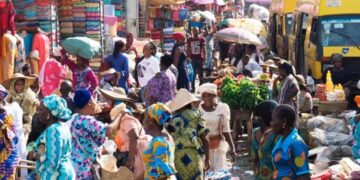

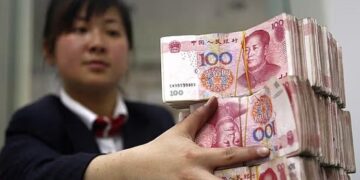
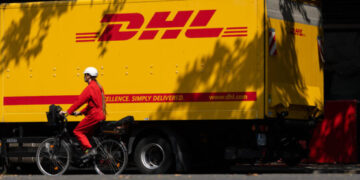
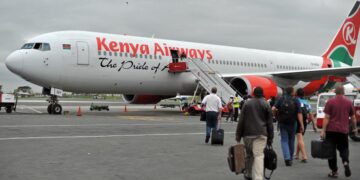
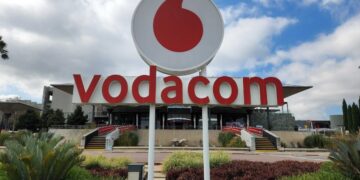

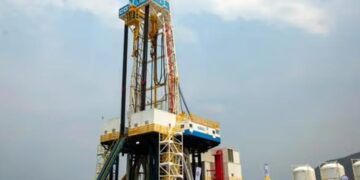
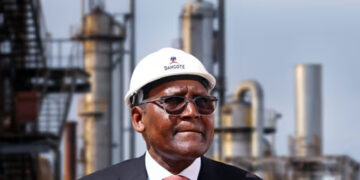
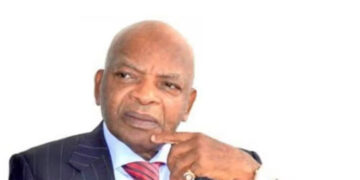
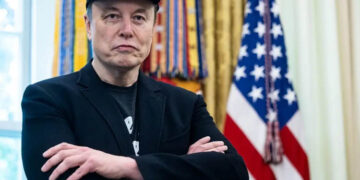


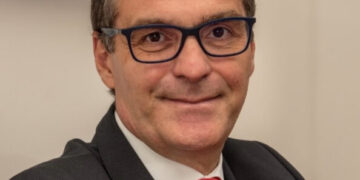
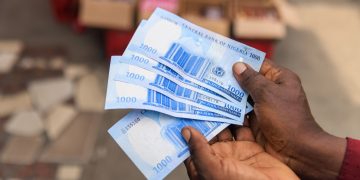


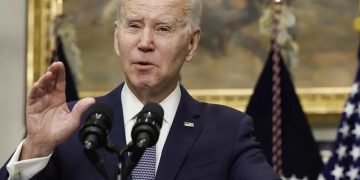
![[Kenya] Digital credit provider Tala disbursed Sh240 billion in loans in eight years 19 [Kenya] Digital credit provider Tala disbursed Sh240 billion in loans in eight years](https://theafricanbusiness.com/wp-content/uploads/2023/02/TALA-APP-360x180.jpg)













